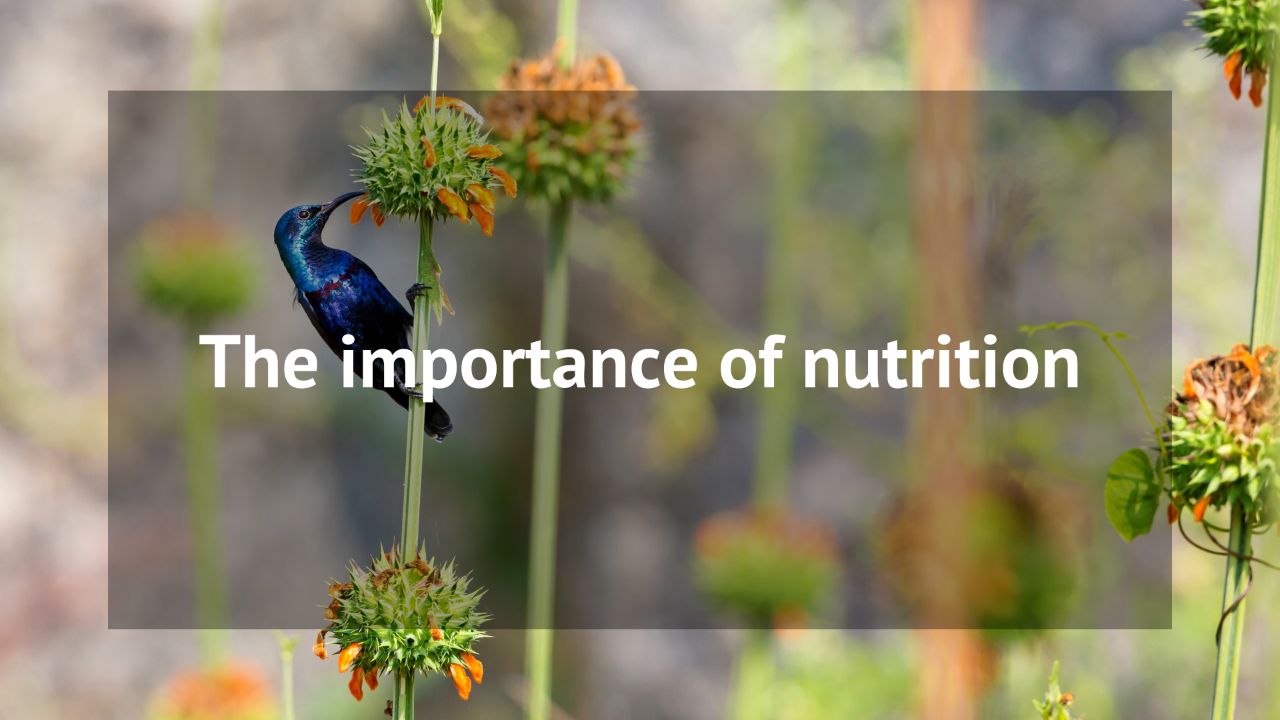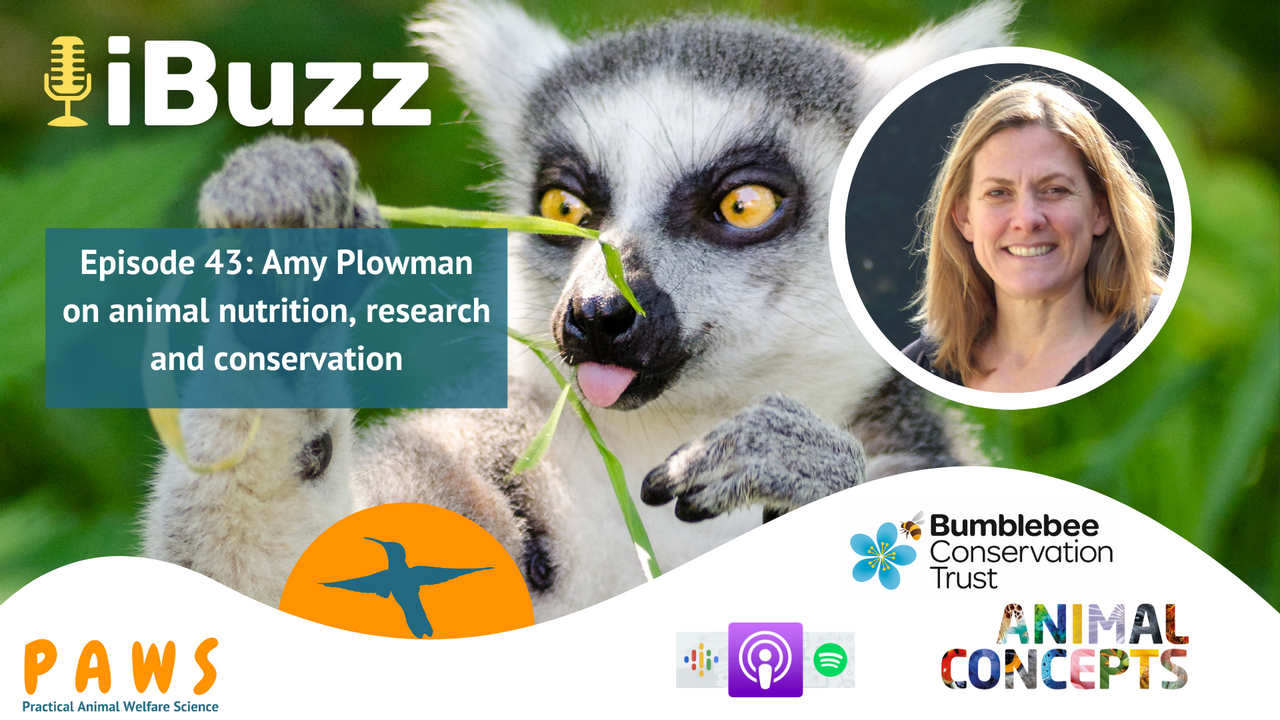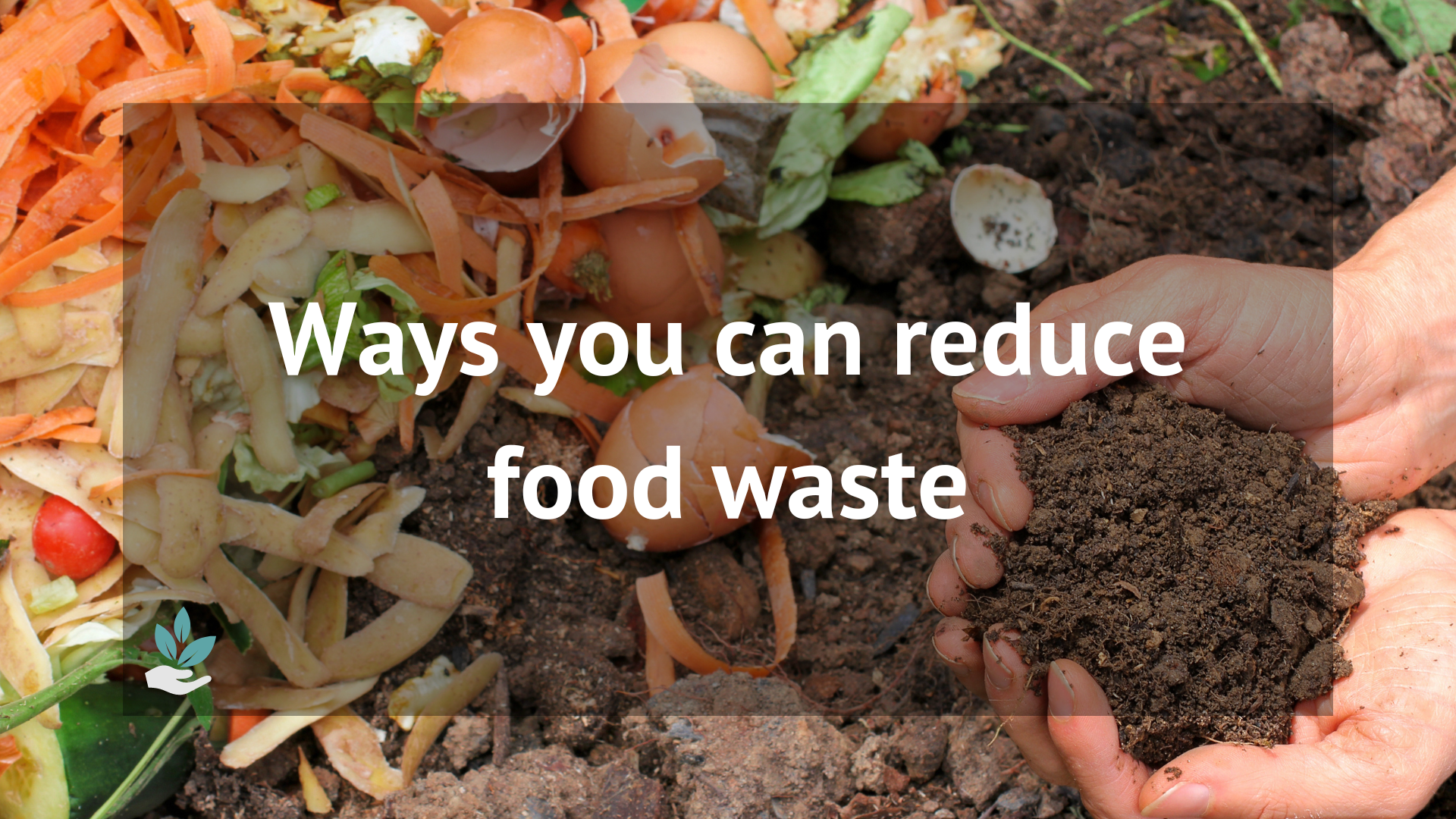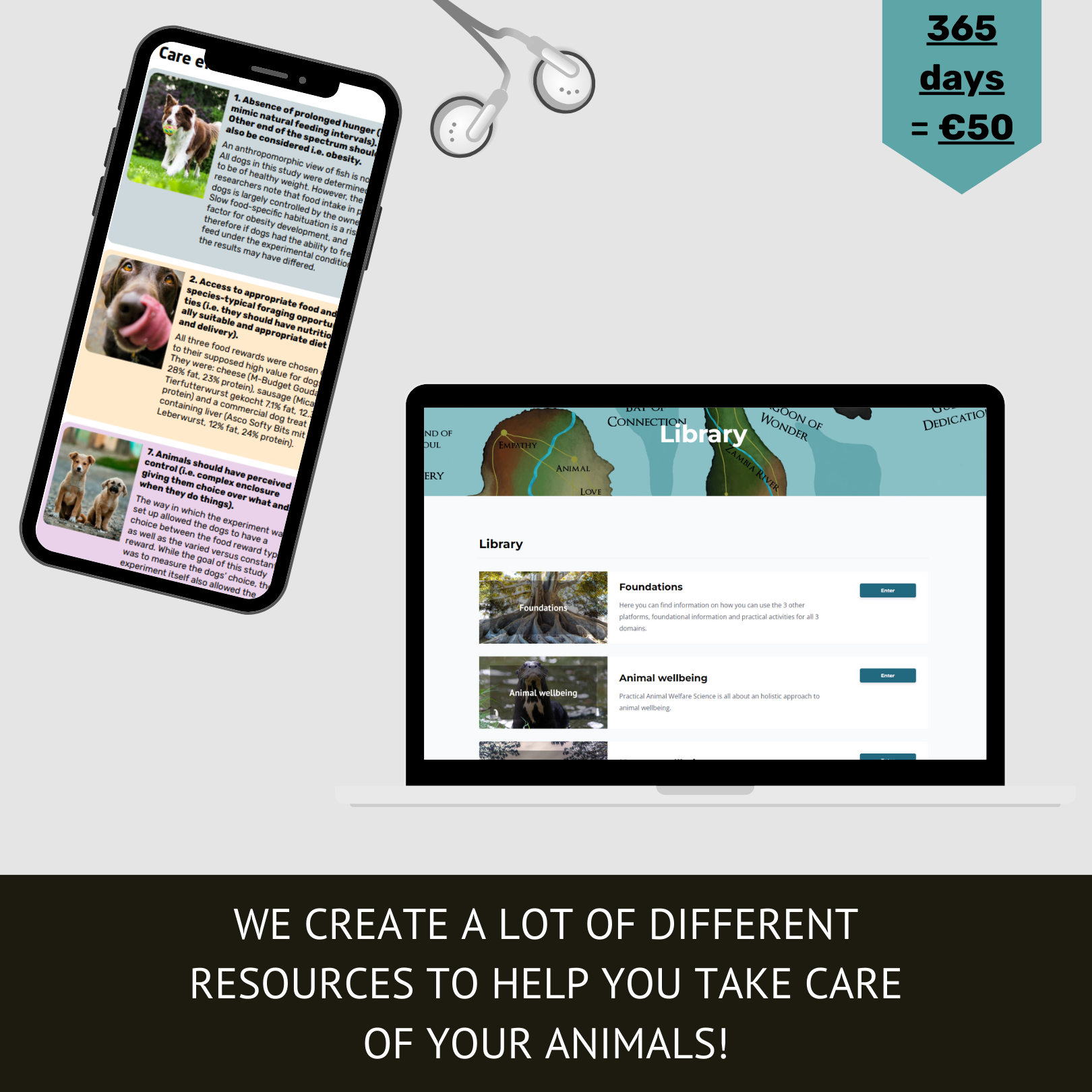The importance of nutrition podcast, Innovative ways you can reduce food waste & SiP #151 Browse silage in zoo animal nutrition

The importance of nutrition podcast
Adequate nutrition is essential for promoting optimal animal welfare, as it helps ensure that animals have the energy, nutrients, and vitamins they need to maintain good health and wellbeing. Inadequate or imbalanced diets can lead to a range of health problems, including malnutrition, obesity, and metabolic disorders, which can cause pain and discomfort.
Following a 24/7 approach to animal welfare, animals should have access to a species-specific and appropriate diet, therefore zoo staff should review the typical diets under human care, nutritional composition of wild diets, food presentation, availability and sourcing of food. In addition to providing appropriate nutrition, the diets of animals should also take into consideration their natural feeding behaviours and preferences. For example, frugivorous animals mostly rely on fruit or fruit-like produce from plants, while carnivorous animals should be provided with a diet that is high in protein and meat.
Would you like to explore more about different types of nutrients, nutritional problems and the diverse adaptations for digestion in different types of animals? Listen HERE this episode of the INTERBEING podcast series on the importance of nutrition, collaboration, and learning from the wild by Amy Plowman, Head of Conservation and Science with the Bumblebee Conservation Trust.
Ways you can reduce food waste
According to the FAO, around one-third of the food produced for human consumption, which amounts to about 1.3 billion tonnes of food, is lost or wasted every year globally. This wastage occurs throughout the food supply chain, from production to consumption, and has significant economic, social, and environmental consequences. Addressing food waste is essential not only for reducing hunger and improving food security but also for mitigating the environmental impact of food production and combating climate change.
Fortunately, there are an increasing number of ways that we, as individuals, can help fight this food waste:
- Eat locally and seasonally: By purchasing from local farmers, not only can you reduce your carbon footprint, but you can also obtain produce that is fresher and more nutrient-rich, as it will be harvested at its peak nutritional value instead of being picked early to combat lengthy transportation times.
- Plan your meals and shopping trips: Planning meals and making a shopping list can help reduce food waste by ensuring that only necessary items are purchased and consumed.
- Know how to store your food correctly and understand its shelf life: Storing food in airtight containers and using the right temperature and humidity can help preserve food freshness. If you have food that is past its peak, you can, for example, freeze leftovers which will extend their use-by date or create new meals or snacks with mixing ingredients.
- Support local food recovery organisations: Many organisations collect surplus food from supermarkets and restaurants and distribute it to people in need.
- Looking outside our homes: We can also help businesses and restaurants reduce their waste by using apps to source our foods (Too Good To Go, Olio, or SaveTheFood).
By implementing such simple steps we can make a difference in our relation with food and our ecosystems. Ultimately, reducing food waste requires a collective effort from individuals, businesses, and governments, but the benefits of doing so are significant and far-reaching. Do you have innovative ideas to reduce food waste? We would like to hear from you!
INTERBEING
INTERBEING is 4 interconnected platforms & an online community, which continues to grow with new content every week! Another Science into Practice is available on the animal wellbeing platform, as well as new foundations, human, and planetary wellbeing content. Want to learn more? Sign up HERE to access, share, and learn anytime, anywhere.





